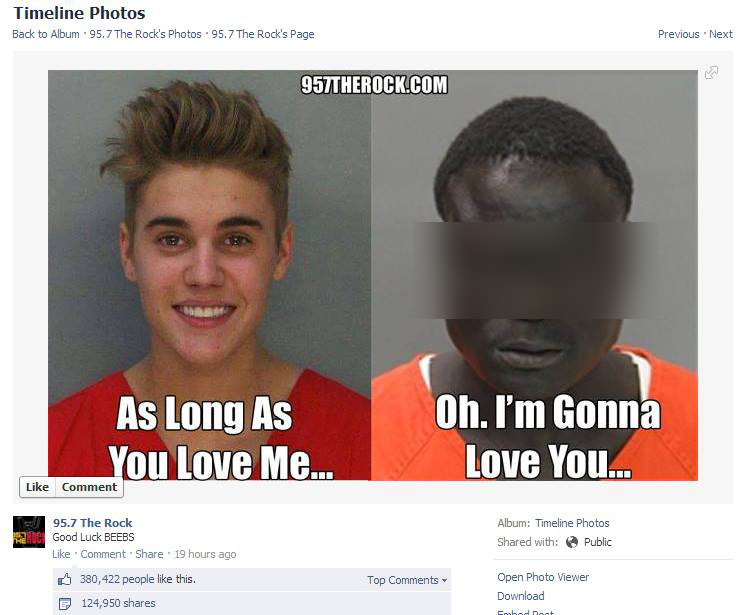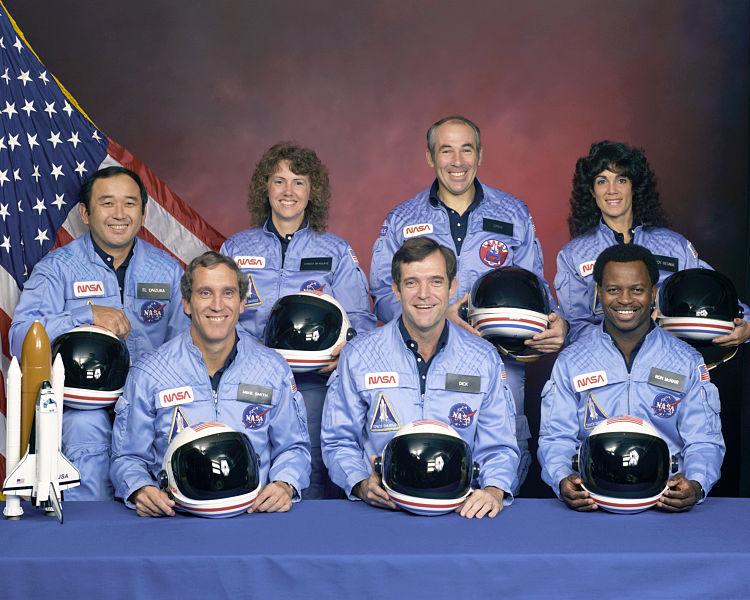I read Mozilla Executive Chairwoman (why not 'chairperson'?) Mitchell Baker's announcement about Eich stepping down. I was puzzled and confused - based on this announcement, it sounds like somebody has been revealed as pedophile or something really horrible. The announcement was full of what I perceived as empty rhetoric about core values, understanding the community and so on. What was going on? Why did the CEO resign? What is the anger she talks about? Had they really unearthed something much more sinister than the claimed donation to a campaign?
Turns out, they hadn't.
 |
| Netscape Navigator 2.0 - the first browser that contained Eich's JavaScript interpreter |
What happened
Two weeks ago, Mozilla Corporation hired their CTO Brendan Eich as their new CEO. Mozilla Corporation is the corporate arm of Mozilla Organization which also operates Mozilla Foundation, so it is not a typical Silicon Valley company. Eich was one of the founders of Mozilla Organization, inventor of JavaScript and was one of 25 people Mozilla vetted for the job.In 2008, California ballot referendum commonly called Prop 8 was held. seeking to define marriage as an institution of a man and a woman, blocking same-sex unions in the state. Of the over 17 million voters, 52 % were in favor and the proposition was passed, only to be overturned by a federal court soon thereafter. The full list of over 110,000 individual donors to the opponents and proponents of Prop 8 is public information. Of these, 35,000 people donated in favor of Prop 8, and one of them was Brendan Eich.
Even though the referendum was six years ago and Eich's donation was public information, the real storm started only recently, in addition to the usual Twitter storm, OkCupid asked its users to boycott Mozilla Firefox. Apparently that rage - justified or not - was enough for Mozilla and Eich to arrive to certain conclusions.
Context
This happened in United States, where CEO (or anyone else, it seems) can be fired for any reason, any time. Mozilla and Eich certainly thought it is best for Mozilla if he resigns, and that part is very much business as usual in USA. However, there are many details about this storm that are very problematic.Apparently Eich's conduct was spotless, according to the Mozilla chairwoman. Eich explicitely vowed to uphold Mozilla's values of inclusiveness and not let his personal opinions affect his job. He has not and did not elaborate on his political, religious or other stances. This was specifically for the fact that we know he was for Prop 8.
He donated one thousand dollars to the campaign. Other donors include hundreds of employees from several universities and big technology companies such as Boeing and Microsoft. The proposition was passed, and it was backed by national organizations and top politicians such as John McCain, who was also a presidential candidate that year. In my opinion, his conduct was not very exceptional in United States, though I am very surprised that if he really was in favor of Prop 8, why he didn't donate more, 50,000 dollars for example.
I didn't like Prop 8 and I like the American approach to same-sex marriage: it is a constitutional issue about equality. European countries are taking a much more complicated road, and it also means there are lots of different opinions and changes are opposed for many procedural reasons as well.
Among the millions of voters, we know how these 110,000 people (probably) voted, and we can use this against them, and kick them out of their jobs because they were on the wrong side in this part of political process, right? Or, perhaps, Eich was in such a special position that his political views six years ago were a good enough justification to end his brief CEO tenure, and this is implied but not explicitely said in the announcement.
Failures
Mozilla should have realized that it is risky to to give a promotion from CTO to CEO to a guy who is in a public list of donations to a controversial campaign (even if it was supported by a majority of Californian voters). They also shouldn't (and didn't) hire other people who might have been pereceived as somehow improper or inadequate, even if they were otherwise perfect for the job, because that's how business is in America. I fear this might be why there have been so few female CEOs in tech companies. Or female presidents. A risky choice.Eich seems to have given categorical responses. He is the CEO and vows to uphold Mozilla's values (he was one of the founders, after all), and his personal opinions are not relevant. I think they shouldn't be, especially as the only thing we know about them is a single donation. However, this need not matter in a storm. For the rest of the world, he's not CEO but the King of Mozilla whose personal (real or assumed) traits represent success and failure in what he represents. LZ Granderson wrote about this for CNN.
However, the biggest failure of all, in my opinion, was the announcement. If this was indeed such a big issue, this public apology whould have been much more explicit. What is she apologizing for? How was Eich's conduct wrong? They also mention freedom of speech. How is that related? Eich didn't even say anything, just wrote one check to a campaign. She repeats how Mozilla respects everybody's religious, political and other views, but they just fired their CEO over one political donation. Why does she not say what is allowed, what should have happened, what went wrong? Why does she call this a freedom of speech issue? She says "you" are angry. Well, not everybody are. The free software community is global and apparently not everyone agreed with the rage. She says she understands it, but I don't, because I don't think she tells us what it is.
She says Eich had to go because Mozilla is committed to the certain values - that Eich vowed to uphold. If he did, as nobody has said he didn't, why did he have to go?
There are probably answers, and Eich was, in the end, probably the wrong choice, and much (but not all) of the rage was unfair and unwarranted. But why are there questions? I care a lot about equality and good conduct of companies, and to defend those, Mozilla should have made a strong and clear statement about the facts. Now they are only catering to similar-minded folks who got what they wanted, perhaps hoping that big corporation PR maneuvers let them evade tough questions.





